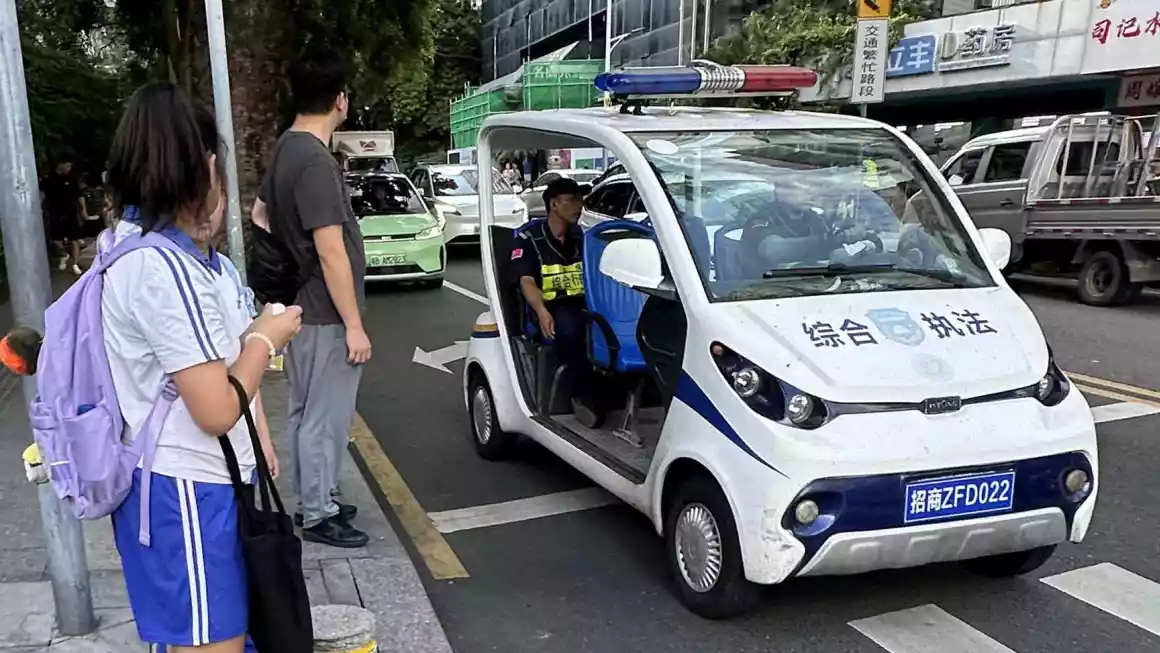
Foreigners in china have been subjected to severe attacks, often fatal ones, due to the growing nationalist sentiments, which have seen a surge in the recent past. Moreover, Chinese hyper-nationalists have been spreading hatred against the countries that do not share good relations with their country.
The Japanese, however, are looked down on viciously, thanks to historical animosity and ongoing maritime disputes. There has been a surge in such attacks in recent years, even as they often go unnoticed, presumably due to the underreporting and censorship by Chinese authorities.
A Japanese kid was stabbed to death by a middle-aged Chinese man in September 2024, which was feared to be motivated by increased anti-Japanese sentiment in china.1 both countries have engaged in political and military clashes over maritime disputes as Beijing has been claiming the Japanese islands as its territory.
Notably, the attack on the Japanese kid occurred on the day that marks the anniversary of the “918” incident, when Japanese soldiers invaded the Manchuria region in 1931.2 in June 2024, a similar attack took place when a Chinese man attacked a Japanese child and his mother with a knife in Jiangsu province’s suzhou.3
- Zec clears air on delimitation report
- Zec clears air on delimitation report
- The reincarnation of Honda Ballade
- Japanese builds classroom blocks, teachers cottages at Seke school
Keep Reading
While some Chinese people expressed sadness over the attacks, there were many voices within china which justified the killings of Japanese children as revenge for the atrocities during World War II. “I have no opinion on how Japanese die if they don’t apologise for history,” said one Chinese person on weibo.4
Social media platforms had to delete hate speeches by Chinese netizens as well as questions about why Beijing encouraged nationalism.5 the attacks on foreigners are the fallout of the communist government’s nationalism propaganda to bolster its legitimacy and strengthen its hold on power, experts said.
Four university instructors from the us were attacked with a knife in Jilin in June 2024. While the actual motive could not be ascertained, it was speculated that nationalist sentiments may have been the reason behind the assault. 6 the hatred against foreigners has infected the official institutions as well. Communist party’s central political and legal affairs commission had on web made fun of Indian people being cremated during covid-19.7 it was against the backdrop of 2020 border clashes between the two countries.
In 2020, a group of African students living in Wuhan were targeted amid a racial wave against black people. “we have been treated like second-class citizens and kicked out of our home completely unprepared, at night, and had the police hounding us like animals,” said a Kenyan student who was pursuing health sciences at the Guangzhou medical university.8
China’s patriotic education system has been blamed for contributing to the anti-Japanese sentiments. The antagonistic and xenophobic sentiments were promoted for political gains, said Florian Schneider, professor and china expert at Leiden University. “entire generations have grown up with nationalist interpretations that paint a bleak picture of japan, and these impressions are perpetuated by museums, television entertainment, video games, and official commemoration activities,” he said.9
Japanese leaders have time and again expressed their apologies for the World War II atrocities, but they were undermined in china, said Amy king, associate professor and a china-japan relations expert at Australian national university. “Because right-wing politicians would say inconsistent things, and [it’s also overlooked in china] because it doesn’t align with the patriotic education campaign,” she said.10
hundreds of videos and posts with “offensive racial stereotypes” targeting black people can be found on Chinese social media platforms.11 “the Chinese government likes to tout china-Africa anti-colonial solidarity and unity, but at the same time, ignores pervasive hate speech against black people on the Chinese internet,” Yaqui Wang, senior china researcher at human rights watch.12
Japan sought a detailed explanation from china after two attacks occurred on Japanese kids living in china. The then prime minister Fumie kichadi said, “We strongly demand that the Chinese side explain the facts of the case. We strongly urged the Chinese side to ensure the safety of Japanese people.”13
While Beijing expressed regret over the fatal incidents, it tried to trivialise the attacks when its spokesperson Mao Ning said “such isolated incidents may happen in any country in the world.”14 on the other hand, social media platforms and content creators have resorted to promoting sensational topics to drive user engagement and revenue. Stoking nationalist sentiment has led to commercialization of cyber nationalism, said Wang queue, researcher at the s. rajaratnam school of international studies.15











